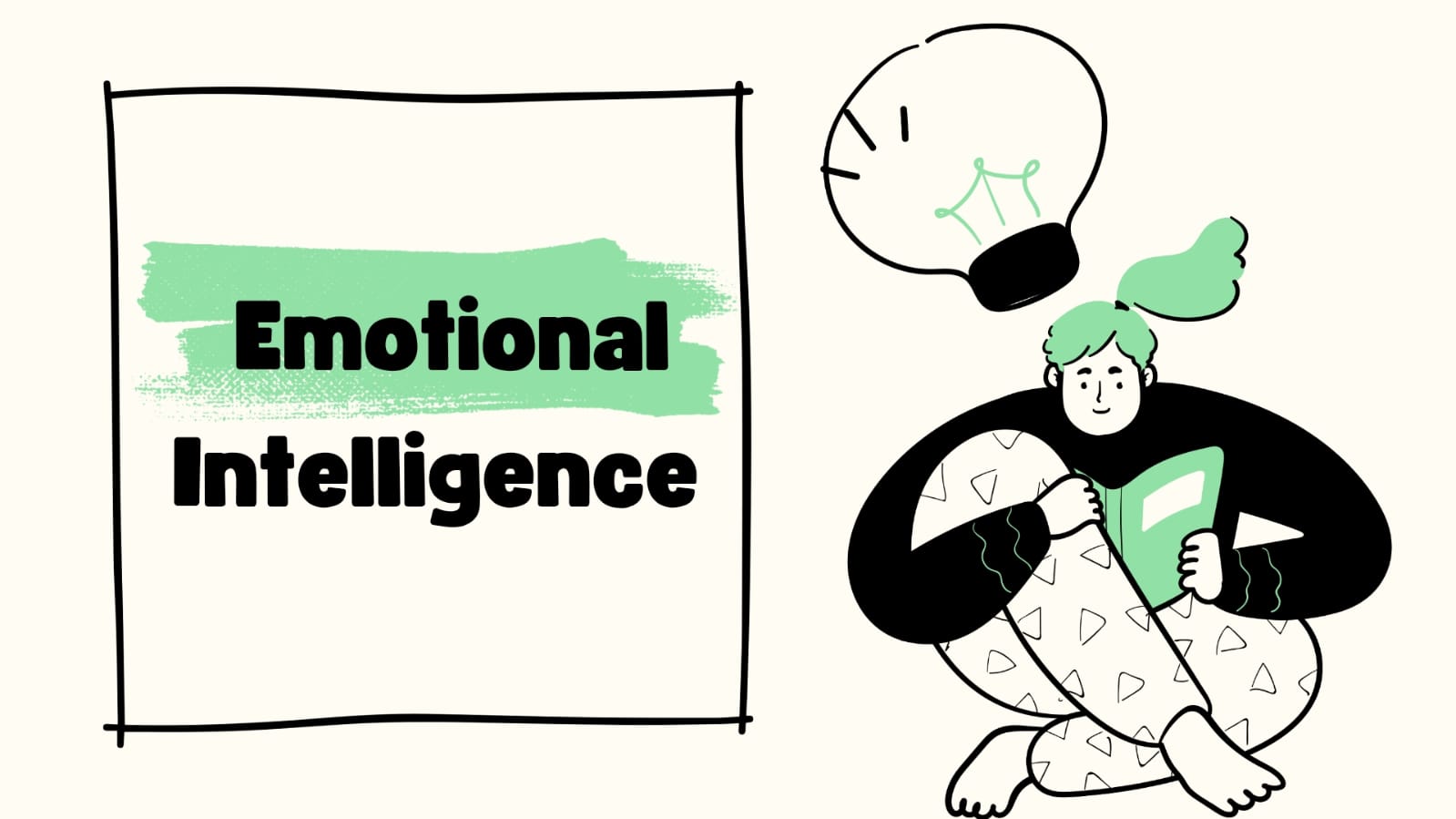In today’s fast-changing and interconnected world, intelligence is no longer measured solely by cognitive abilities, academic achievements, or technical expertise. Emotional intelligence (EI or EQ)—the capacity to recognize, understand, manage, and influence emotions—has emerged as a critical factor shaping success in both personal and professional life. While IQ might help you get a job, it is often emotional intelligence that determines how well you thrive in it and build meaningful relationships along the way.
What is Emotional Intelligence?
Emotional intelligence refers to the ability to be aware of, control, and express one’s emotions, as well as to handle interpersonal relationships judiciously and empathetically.
Emotional intelligence consists of five core components:
Self-awareness – Recognizing your own emotions, triggers, and their impact.
Self-regulation – Managing or redirecting disruptive emotions and adapting to change.
Motivation – Harnessing emotions to pursue goals with energy and persistence.
Empathy – Understanding and considering other people’s feelings, especially in decision-making.
Social skills – Managing relationships, inspiring others, and navigating social complexities.
Together, these elements enable a person not only to navigate their own emotional world but also to build trust, defuse conflict, and collaborate effectively with others.
Why is Emotional Intelligence Important?
Emotional intelligence plays a vital role in virtually every aspect of human interaction. Its importance extends far beyond emotional well-being—it directly impacts leadership, teamwork, personal happiness, and professional success.
1. Better Relationships
Emotional intelligence enhances communication skills, active listening, and empathy. People with high EQ are more likely to understand others’ perspectives, making them better partners, friends, colleagues, and leaders. They can read emotional cues, respond appropriately, and prevent misunderstandings.
2. Improved Mental Health
Individuals with good emotional intelligence are better equipped to manage stress, anxiety, and depression. Self-awareness and self-regulation help prevent emotions from spiralling out of control. This contributes to overall psychological resilience and emotional stability.
3. Stronger Leadership and Collaboration
In organizational settings, emotional intelligence is key for leaders to inspire, motivate, and connect with their teams. Leaders with high EQ build trust, foster inclusive environments, and are more adept at managing conflict. Teamwork also flourishes when individuals can manage their emotions and empathize with their peers.
4. Enhanced Decision-Making
Emotional intelligence allows individuals to separate their emotional responses from logic and reason. When emotions are managed properly, decisions are clearer, more balanced, and less reactive. This is especially important during high-pressure or emotionally charged situations.
5. Greater Adaptability
In a rapidly changing world, adaptability is essential. Emotional intelligence helps individuals stay calm and focused during change and uncertainty, enabling them to adjust to new conditions without undue stress or resistance.
How to Build Emotional Intelligence
The good news is that emotional intelligence is not fixed. Unlike IQ, which tends to remain stable over a lifetime, EQ can be developed and enhanced through conscious effort, practice, and reflection. Here are ways to build emotional intelligence:
1. Cultivate Self-Awareness
The journey begins with understanding yourself better. Pay attention to your thoughts, emotions, and behaviours. Try to identify what triggers certain feelings—such as anger, frustration, or joy—and how you typically respond. Keeping a journal or simply pausing to reflect on emotional reactions can increase self-awareness over time.
- Take time each day to ask: What am I feeling? Why?
- Notice patterns in your emotional responses.
- Seek feedback from trusted friends or colleagues on how you come across emotionally.
2. Practice Self-Regulation
Once you’re aware of your emotions, the next step is managing them effectively. This doesn’t mean suppressing or ignoring feelings, but rather learning to respond thoughtfully instead of reacting impulsively. Techniques such as deep breathing, mindfulness, and counting to ten before responding can help.
- When emotions run high, give yourself a brief pause before speaking or acting.
- Develop healthy outlets for frustration, such as exercise, art, or journaling.
- Focus on solutions rather than dwelling on problems.
3. Develop Empathy
Empathy is at the heart of emotional intelligence. It allows you to connect with others and understand their perspectives. You can strengthen empathy by becoming more curious about other people’s experiences and viewpoints.
- Listen actively without interrupting or planning your response.
- Observe body language and non-verbal cues to understand emotions that may not be spoken.
- Try to put yourself in others’ shoes during conversations or conflicts.
4. Improve Social Skills
Social skills help you build healthy relationships and navigate social dynamics. Effective communication, conflict resolution, and cooperation are essential components of high EQ.
- Practice clear, respectful communication even during disagreements.
- Work on building rapport and trust through honesty and consistency.
- Encourage and support others, and express appreciation for their contributions.
5. Strengthen Internal Motivation
Emotionally intelligent people are driven by internal values and goals rather than external rewards. Cultivating a growth mindset and focusing on personal fulfillment can enhance your motivation.
- Set meaningful, challenging goals and celebrate small victories along the way.
- Reflect on what inspires you and gives you purpose.
- Maintain optimism even in the face of setbacks, using them as learning opportunities.
6. Embrace Feedback and Lifelong Learning
Personal development, including emotional intelligence, is a lifelong process. Be open to feedback and willing to learn from successes and failures alike.
- Ask others how you can improve your communication or responses.
- Attend workshops or read books on emotional intelligence and related topics.
- Regularly review your progress and set new emotional growth goals.
Conclusion
Emotional intelligence is not just a desirable trait; it is a fundamental skill that influences how we connect, communicate, and succeed in various aspects of life. While some people may naturally possess higher EQ, everyone can work toward enhancing it through intentional effort and self-reflection.
In the end, emotional intelligence enables us to become more resilient, compassionate, and effective individuals. It allows us to handle challenges gracefully, nurture positive relationships, and lead with empathy and understanding. In a world that often focuses on intellect and technical skills, developing emotional intelligence, is what truly sets people apart.



